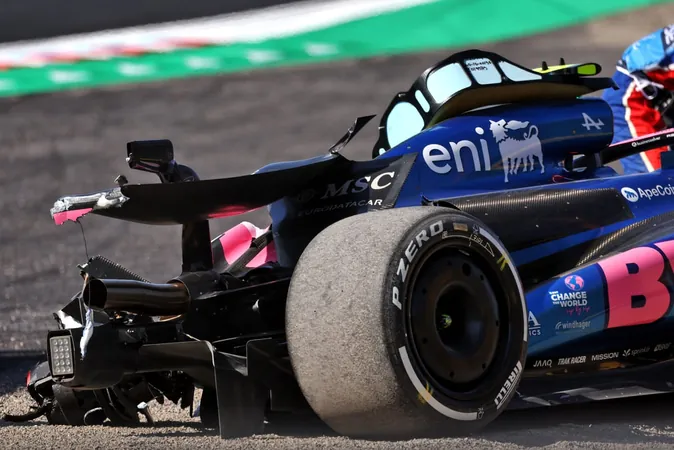
F1 Drivers Urge Immediate DRS Overhaul After Terrifying Suzuka Crash!
2025-04-05
Author: Amelia
Introduction
In a dramatic turn of events at the Suzuka Circuit, Formula 1 drivers are calling on the FIA to revisit the automatic DRS (Drag Reduction System) protocols following a shocking crash involving Alpine driver Jack Doohan during practice for the Japanese Grand Prix.
The Incident
Doohan experienced a harrowing 190 mph crash into the barriers at Turn 1 during the second practice session. The incident unfolded when his DRS remained activated as he approached the corner, significantly reducing the rear downforce and causing his car to spin out of control.
Attribution of the Crash
While Alpine attributes the crash to a "misjudgment" made by Doohan in failing to deactivate the DRS, sources suggest that the issue is more nuanced.
Current Regulations
According to current regulations, the DRS should automatically close under specific conditions without requiring driver intervention.
Safety Regulations
The FIA's safety regulations dictate that the DRS must deactivate the first time the driver applies the brakes after activating the system. Additionally, DRS should also close if the throttle is decreased by a specified amount.
Team Configurations
However, the sensitivity of these measures relies heavily on the teams' configurations. Teams have the discretion to set how much brake pressure is necessary for DRS deactivation and can adjust the throttle level at which the system disengages, with only a 20% reduction constituting a requirement by the FIA.
Circuit-Specific Risks
Given that circuits like Suzuka feature near flat-out corners immediately after DRS zones, drivers are sounding alarms about potential dangers.
Historical Context
Similar concerns arose at Silverstone, where a DRS zone was removed following incidents in 2018.
Driver Discussions
The aftermath of Doohan's crash has sparked vital discussions among drivers, leading to a crucial meeting with F1 race director Rui Marques.
Proposed Solutions
During this evening briefing, several drivers proposed innovative solutions, including the potential use of GPS technology to automatically disable DRS as cars enter critical corner sections, ensuring an additional layer of safety.
FIA's Commitment
While this proposed solution is complex and fraught with challenges, the FIA has expressed a commitment to thoroughly investigate the matter to enhance driver safety.
Conclusion
Meanwhile, Alpine mechanics have worked tirelessly to repair Doohan's car, and he is set to hit the track again for final practice. This alarming incident at Suzuka serves as a stark reminder of the ever-evolving risks in motorsport and the ongoing quest for safety advancements.
Looking Ahead
As the F1 community reflects on this chilling experience, the call for improved safety measures surrounding DRS could reshape regulations in the upcoming seasons. Fans and teams alike await updates on the FIA's findings, hoping for swift action to prevent similar occurrences in the future.

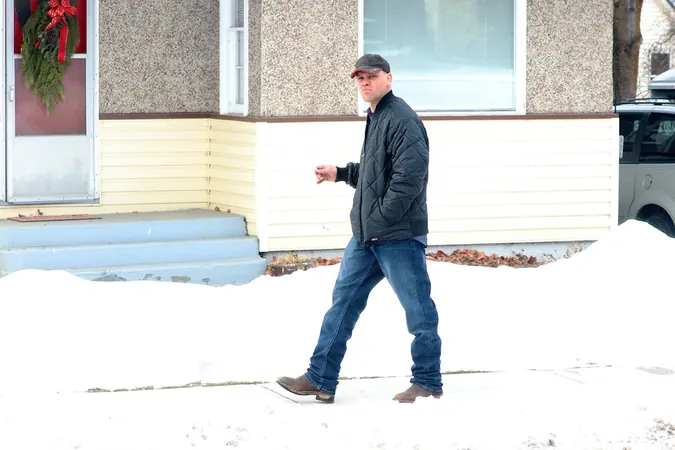
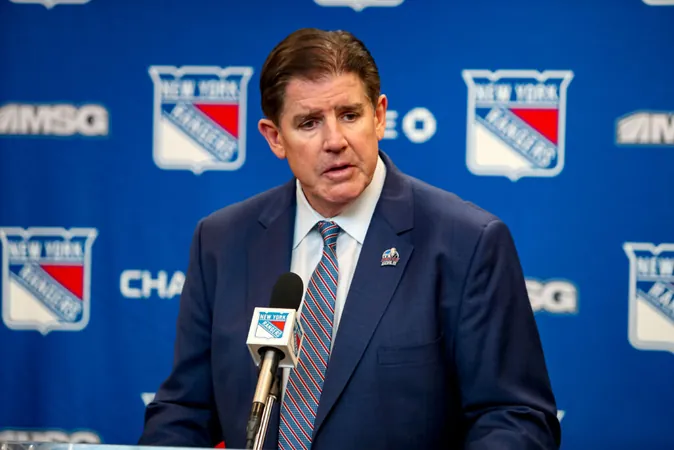
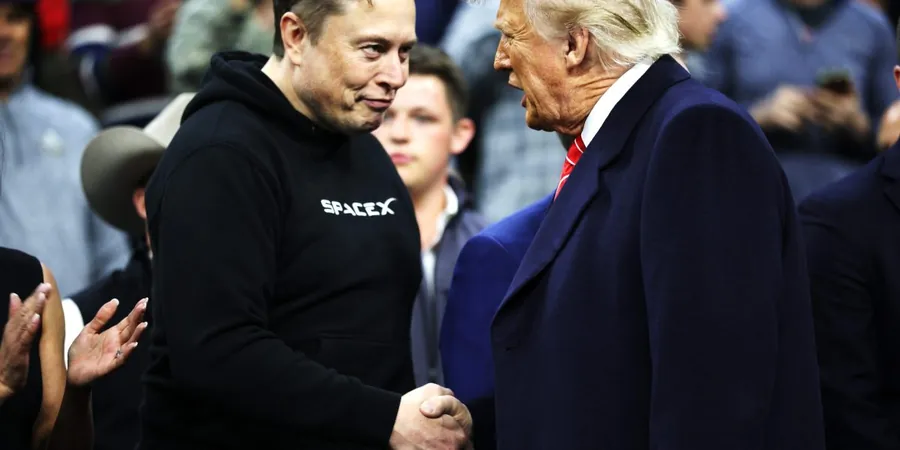

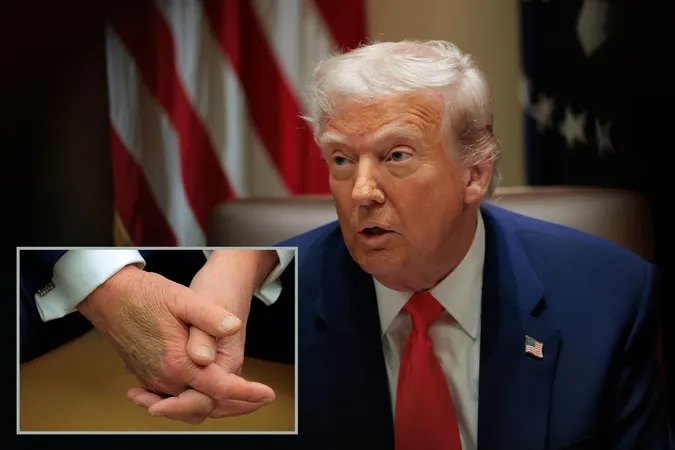
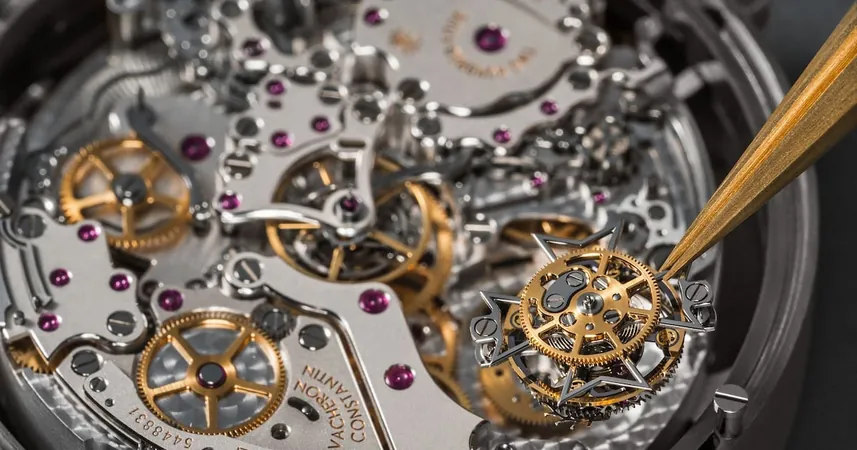


 Brasil (PT)
Brasil (PT)
 Canada (EN)
Canada (EN)
 Chile (ES)
Chile (ES)
 Česko (CS)
Česko (CS)
 대한민국 (KO)
대한민국 (KO)
 España (ES)
España (ES)
 France (FR)
France (FR)
 Hong Kong (EN)
Hong Kong (EN)
 Italia (IT)
Italia (IT)
 日本 (JA)
日本 (JA)
 Magyarország (HU)
Magyarország (HU)
 Norge (NO)
Norge (NO)
 Polska (PL)
Polska (PL)
 Schweiz (DE)
Schweiz (DE)
 Singapore (EN)
Singapore (EN)
 Sverige (SV)
Sverige (SV)
 Suomi (FI)
Suomi (FI)
 Türkiye (TR)
Türkiye (TR)
 الإمارات العربية المتحدة (AR)
الإمارات العربية المتحدة (AR)